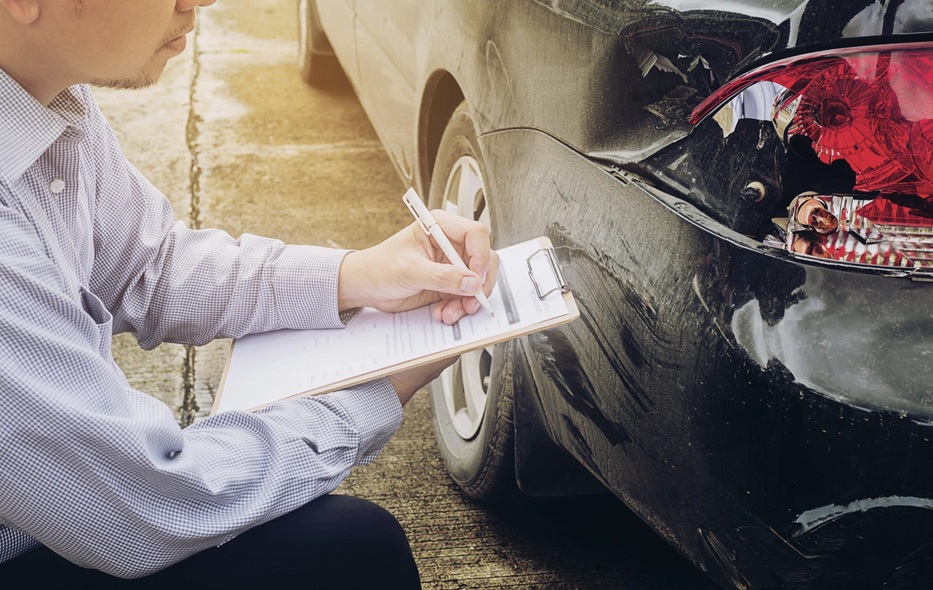In the fast-paced world of business, managing risk effectively is crucial. Whether you run a small startup or a large corporation, safeguarding your operations against potential setbacks is a must.
This is where understanding the importance of a commercial insurance policy and car insurance becomes fundamental.
Here’s a guide on how both types of insurance can protect your business assets and why they are essential components of a comprehensive risk management strategy.
The Importance of a Commercial Insurance Policy
A commercial insurance policy is designed to cover businesses against a wide range of risks and liabilities. It provides protection against issues such as property damage, theft, liability claims, and even employee-related risks.
This kind of policy is critical because it not only helps to protect the physical assets of a business but also covers the operational aspects, which are crucial for the business’s continuity and stability.
For instance, if a fire damages your business premises, a commercial insurance policy can cover the costs of repairs and replacements, and potentially cover the loss of income while your business is non-operational.
This kind of support is invaluable in helping businesses recover from unforeseen events without significant financial strain or operational disruption.
Understanding Car Insurance for Business Use
While a commercial insurance policy covers broad aspects of your business, specific coverage like car insurance focuses on vehicles.
Car insurance is essential if your business involves the use of vehicles, whether for delivering goods, transporting equipment, or driving to client meetings.
It’s important to have the right car insurance to protect against the costs associated with vehicle accidents, theft, and other road mishaps.
Car insurance policies for businesses differ from personal auto insurance because they account for the increased risks associated with commercial vehicle usage.
These policies typically offer higher coverage limits and include options for covering multiple drivers and specialized equipment.
Ensuring that your business vehicles are adequately insured not only protects your financial investment but also safeguards your employees and goods in transit.
Integrating Insurance Policies for Comprehensive Coverage
Integrating your commercial insurance policy with specific insurance like car insurance can provide comprehensive coverage that addresses all aspects of your business risk.
Many insurance providers offer bundled packages that can be customized to fit your business’s unique needs, often at a reduced cost compared to purchasing policies separately.
This integration not only simplifies the management of your insurance portfolio but also ensures there are no gaps in coverage that could potentially leave your business vulnerable.
Regular Reviews and Adjustments of Coverage
The needs of your business can change rapidly, and your insurance coverage should evolve accordingly. Conducting regular reviews of both your commercial insurance policy and car insurance ensures that your coverage meets your current business requirements.
These reviews can be triggered by events such as the purchase of new equipment, changes in operational scope, or expansion into new markets. Adjustments may be necessary to ensure that new assets are protected and that any new risks are adequately covered.
Conclusion
In conclusion, having the right commercial insurance policy and car insurance is not just about compliance with legal requirements, it’s a smart business strategy.
These policies protect against significant financial losses and help ensure business continuity in the face of challenges.
By thoroughly understanding and strategically managing these insurance needs, you can protect your business assets and provide a stable foundation for your operations.
Investing in the right insurance is investing in the future of your business.












